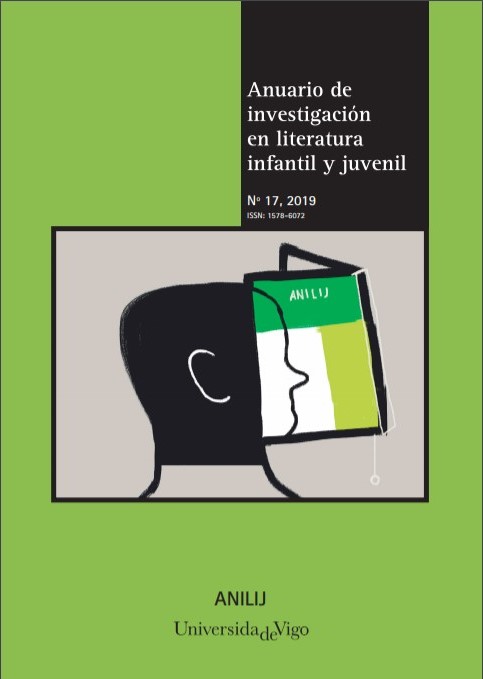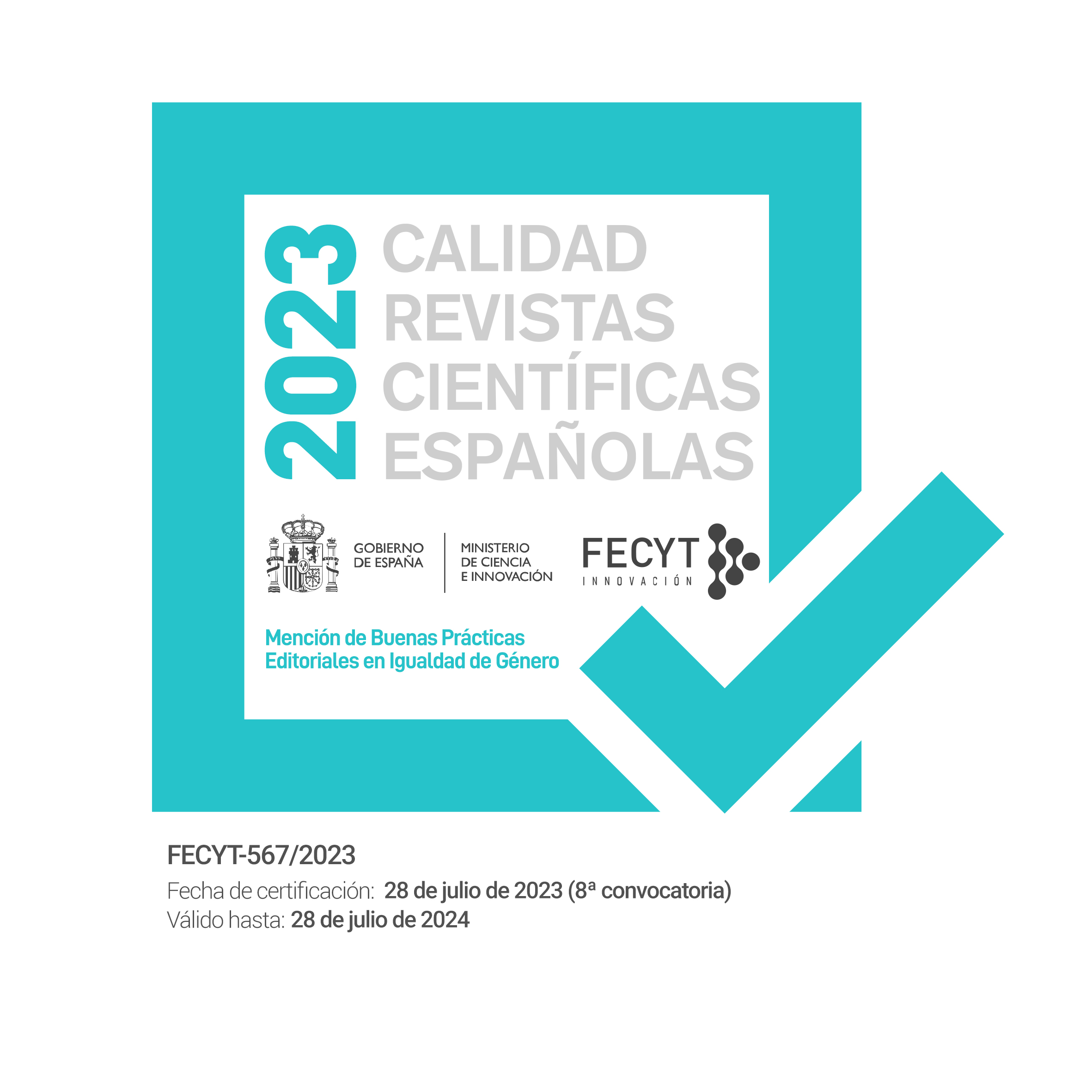TRANSLATOR AND CONVENTIONALISMS: HETERONORMATIVITY OR A WAY TO INCLUSION?
DOI:
https://doi.org/10.35869/ailij.v0i17.1425Abstract
The aim of this paper is to show how leading heteronormativity often prevails in translation. That is especially true in translations of children’s and young adult books. Non-existent characters in the original stories are introduced in order to remove single-parent families, which are more and more usual and accepted today. By doing this, traditional families are presented as a child with a father and a mother, being their roles traditional, clear and defined as well. This is the case for translations from German into Spanish of Eveline Hasler’s book Der Löchersammler, where heteronormativity and macho roles from the original text are maintained. The same applies to some of the novels of the famous children’s series Kika, superbruja, by the German creator KNISTER, where the translation introduced this heteronormativity and the traditional macho roles in the Spanish version of the German novel.
Downloads
Downloads
Published
Issue
Section
License
Anuario de Investigación en Literatura Infantil y Juvenil has been published in open access from 2019 (vol. 17). The journal allows the authors to retain publishing rights. Authors may reprint their articles in other media without having to request authorization, provided they indicate that the article was originally published in Anuario de Investigación en Literatura Infantil y Juvenil. The journal holds the copyright of printed issues (volumes 0-16).





